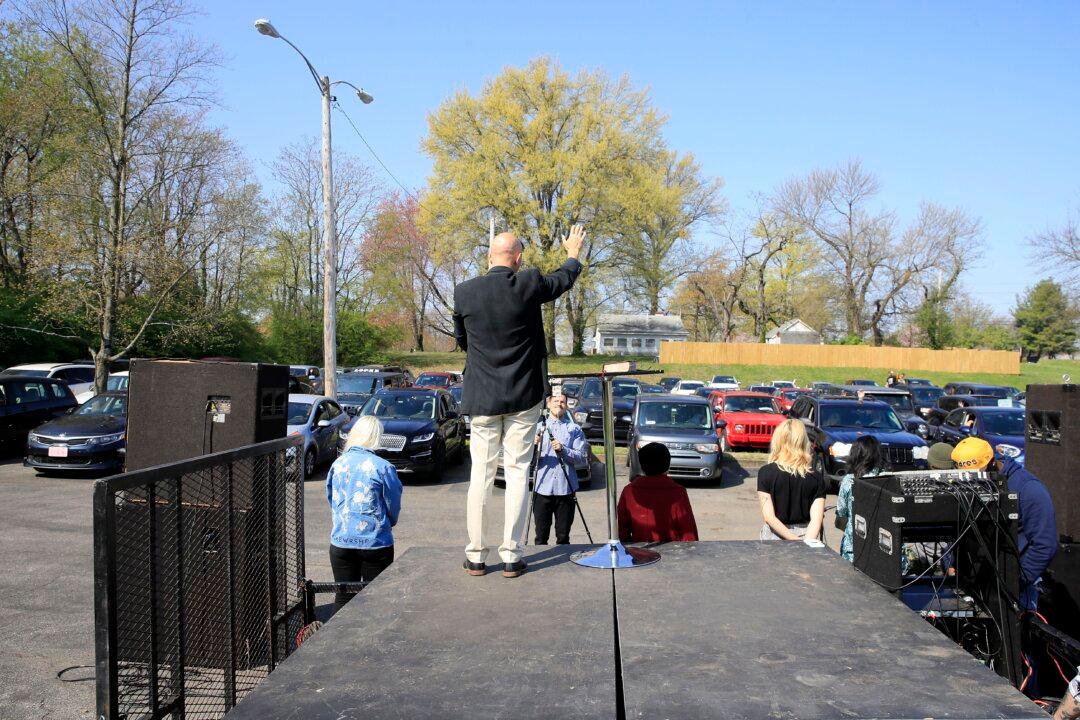A local government mayor who has been sued over his ban of drive-in church services is now allowing congregants to attend such services as long as they comply with federal social distancing requirements.
On April 7, the City of Greenville Mayor Errick Simmons issued an executive order that barred churches from holding in-person or drive-in services until the governor’s shelter-in-place order is lifted. Instead, the order encouraged churches to hold services online, through social media, and other telephonic platforms.




